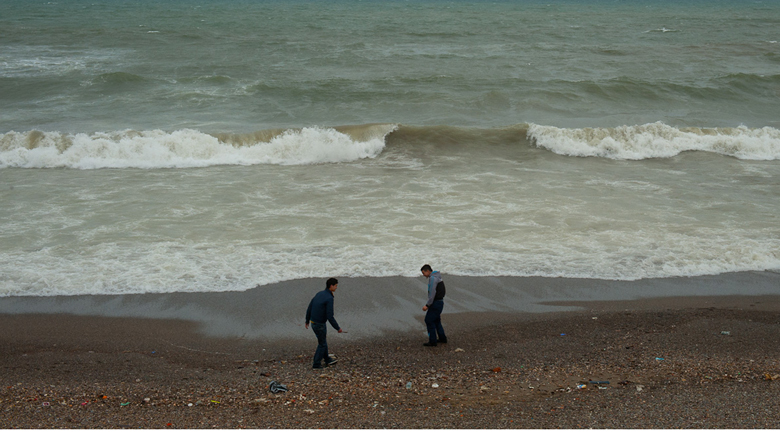The Tunisian economy’s challenging past decade has highlighted the pressing need for a sustainable and resilient development model. The nation’s strategic response, encapsulated in Vision Tunisia 2035 and the 2023–2025 National Development Plan, emphasizes a green and blue economy that focuses on sectors such as tourism, fisheries, aquaculture, and maritime transport as key drivers for recovery and long-term sustainability.

